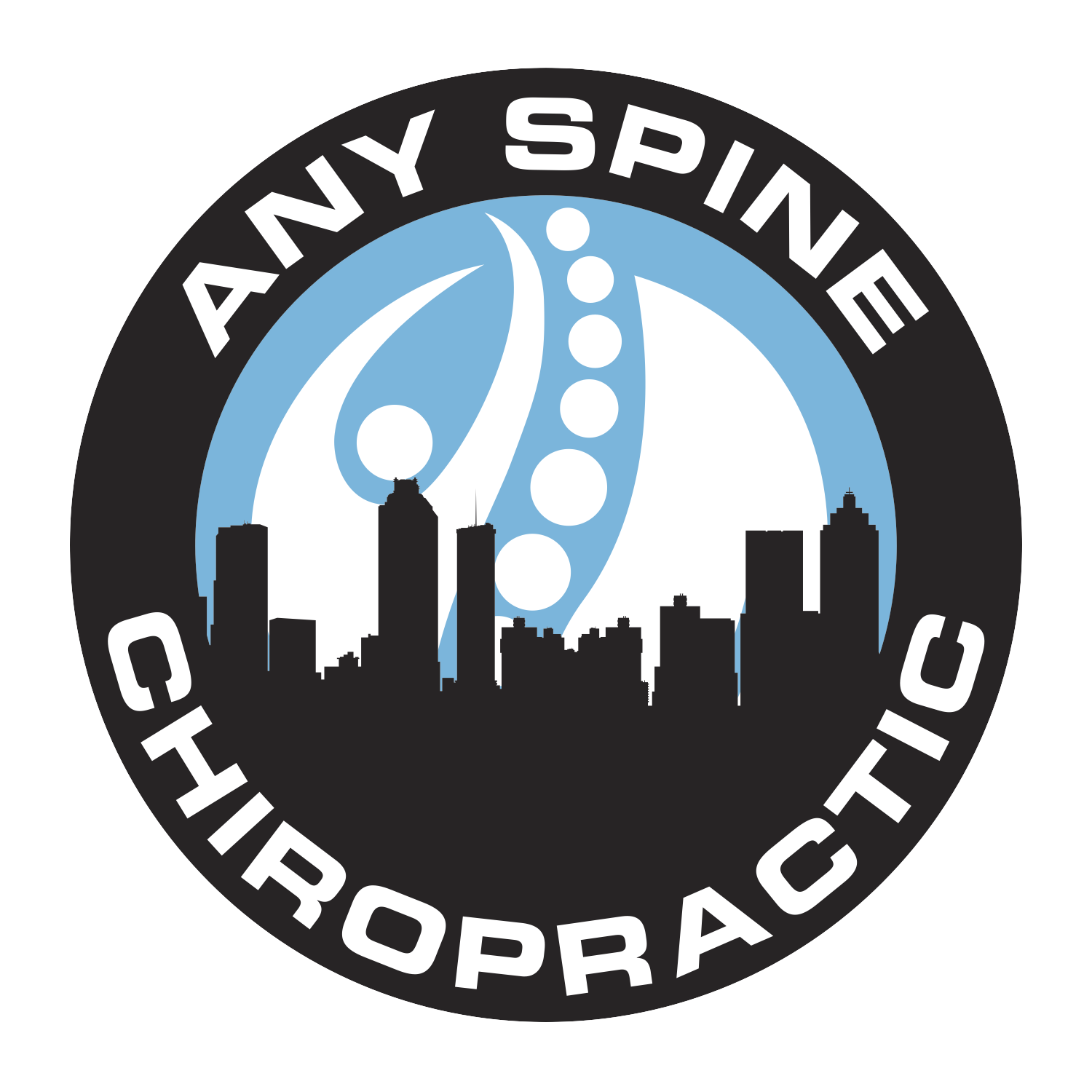The Healing Power of Massage Therapy: A Scientific Perspective
In the quest for wellness and tranquility in our fast-paced lives, massage therapy emerges as a beacon of relief and healing. Far from being a modern luxury, the practice of massage is an ancient art, woven into the fabric of human history across cultures. But what makes it so universally embraced? The answer lies in the compelling science behind the healing touch of massage therapy.
The Biology of Touch
At its core, massage therapy leverages the power of human touch to stimulate the body’s own healing processes. When the skin is massaged, pressure receptors under the skin are activated, sending signals to the brain to reduce the production of stress hormones, such as cortisol, while increasing the release of endorphins, the body’s natural painkillers and mood elevators.
Blood Flow and Circulation
One of the most celebrated benefits of massage therapy is its ability to enhance blood circulation. The kneading and stroking techniques employed in various massage modalities help to move blood through congested areas, while new blood flows into tissues. This improved circulation can lead to faster healing, reduced swelling from injuries, and a significant boost in oxygen and nutrients to vital body parts.
Lymphatic System and Immunity Boost
Massage therapy plays a pivotal role in supporting the lymphatic system, which is a crucial part of the body’s immune system. By stimulating the flow of lymph fluids, massage helps the body to remove toxins and waste products, thereby boosting immune function and enhancing the body’s ability to fend off illnesses.
Muscle Healing and Flexibility
Athletes and the physically active swear by massage therapy for its effectiveness in muscle recovery. Deep tissue massages and other techniques can help break down adhesions (bands of painful, rigid tissue) and promote healing in the muscles and tissues. This not only alleviates pain but also increases flexibility and range of motion, contributing to better performance and reduced injury risk.
Mental Health and Stress Reduction
Perhaps one of the most immediate benefits of massage therapy is its ability to induce a state of deep relaxation and stress reduction. By lowering levels of cortisol and increasing serotonin and dopamine levels, massage therapy can help combat depression, anxiety, and stress, leading to improved mental health and well-being.
Tailoring to Individual Needs
The beauty of massage therapy lies in its versatility and adaptability to individual needs. Whether it’s a gentle Swedish massage for relaxation or a targeted deep tissue massage for muscle recovery, there’s a modality for everyone. It’s essential, however, to consult with a professional massage therapist to determine the most beneficial approach for your specific health concerns and wellness goals.
The science behind massage therapy reveals a fascinating interplay between touch, physiology, and psychology. Its holistic approach to healing not only addresses specific physical complaints but also nurtures the mind and spirit. In a world where we often disconnect from ourselves and each other, massage therapy stands out as a profound way to reconnect, heal, and thrive.





